The Riverdale of the original Archie comics was definitely not the most "woke" suburb, but the residents of the town in the dark new CW show Riverdale, based on Archie characters, are becoming more and more aware by the episode. The third in the series, titled "Body Double," which aired Thursday, tackled slut-shaming and white male privilege without apology (as it should).
In that episode of this Twin Peaks meets Pretty Little Liars mystery series, Josie, a woman of color, schooled golden boy Archie Andrews (K.J. Apa) on his white male privilege. And Betty (Lili Reinhart) and Veronica (Camila Mendes) nearly went full Isabelle Huppert in Elle revenge fantasy on the football team captain, a guy notorious for lying about his hookups with girls and subsequently shaming and humiliating them.
Spoilers ahead if you have not watched "Body Double."
While the main story of the episode focuses on slut-shaming, a secondary plot takes on white male privilege with Archie, a pretty good guy except that he wears blinders when it comes to the access he's afforded as a white man. He learns a lesson from Josie (Ashleigh Murray), lead singer of Josie and the Pussycats.
As the plot goes, although Archie has the makings of a football star, he pines to make music, and specifically, for the Pussycats to record one of his songs. Reluctantly, and as a favor to a friend, Josie (whose mother is the mayor of Riverdale) relents to allowing Archie join the band's rehearsals. When Archie, out of the gate, expresses his desire for the Pussycats to record his songs, Josie challenges him, saying, "So you feel you're qualified to write songs for the Pussycats? For divas of color?"
She goes on to explain that her family received hate mail after her mother won the mayoral race. Without truly listening, Archie tells Josie that he campaigned for her mom and that he gets what she's been through. That's when Josie hands him a wake-up call on his white male privilege.
"No, no, baby, you don't [get it], " Josie says. "Do you know why we're called the Pussycats? Because we have to claw our way into the same room that you can just waltz into, so if you think you can write my experience..." One of the other Pussycats attempts to stop Josie's speech, but Archie admits that Josie is right.
Even if Archie appears to learn his lesson a bit too quickly, conversations about various types of privilege on TV are rare but necessary, and hopefully, more shows will begin to engage in them.
If that secondary plot was loaded with cultural resonance, then the main story really dug deep into a pervasive and troubling experience that occurs all too often for women.
In the episode, a new girl at school, the confident and self-aware Veronica Lodge, goes on a date with the muscle-bound football star (and football coach's son) Chuck (Jordan Calloway). While she decides the next morning that she's over him because his brains don't match his brawn, she's taken aback by Chuck's viral social media post in which he brags that he gave her a "sticky maple" (parlance on the show for when a guy ejaculates on a girl's face). Riverdale's out gay character Kevin (Casey Cott) tries to explain lightly that a "sticky maple" is "a Riverdale thing." Without hesitation, Veronica responds, "No, Kevin, it's a slut-shaming thing."
From there, Veronica and Betty seek out Chuck for an apology and a retraction on the "sticky maple" post. When he shows no remorse or signs that he'll remove the offensive post, Betty discovers several other girls at school who've been victimized and catalogued in a "playbook" by Chuck and other football players, thus revealing a systemic culture of emotional abuse around sex embedded in the school's beloved sports team.
The series, from executive producers Roberto Aguirre-Sacasa and Greg Berlanti (the gay producer of Arrow, Supergirl, The Flash, Brothers and Sisters, and more), even goes so far as to reference two famous rape cases involving sports teams, bringing the all-too-real horrifying world that some young women face into the fictional show. One case Betty references is the Steubenville, Ohio, case that occurred in 2013, in which two football players were found guilty of raping a 16-year-old girl. The other rape she mentions is a case from 1993 in Glen Ridge, N.J., in which four high school lacrosse players raped an intellectually disabled 17-year-old girl.
Betty (whose backstory includes seeking retribution for sister Polly, who was victimized by a former football player whose mysterious death is at the center of the series) and Veronica lure Chuck into the promise of a three-way, but instead, they force him to confess on camera that he lied about how far he'd gone with Veronica. But Betty pushes further, terrorizing Chuck in a hot tub before Veronica ends it.
Even as Donald Trump, who admitted he likes to "grab [women] by the pussy" without consent, sits in the White House, sexual assault revenge stories have proliferated in pop culture this year. With the aforementioned Elle (for which Huppert is Oscar-nominated), MTV's series Sweet Vicious, in which a college woman who was date-raped seeks out her attacker to make him pay, and the Betty and Veronica storyline on Riverdale, female characters are, for better and sometimes worse, taking back power.
In the Riverdale story, the breaking point for the typically sweet Betty occurs when she discovers her sister was just a number in the football players' sexual playbook, and she decides that if the men responsible for terrorizing women won't take responsibility, she's going to make they pay.
"This is what guys like Jason [her sister's victimizer] and Chuck think about women," Betty says. "We're objects for them to abuse, and when they're done with us they shame us into silence. They have zero remorse for the lives they destroy."










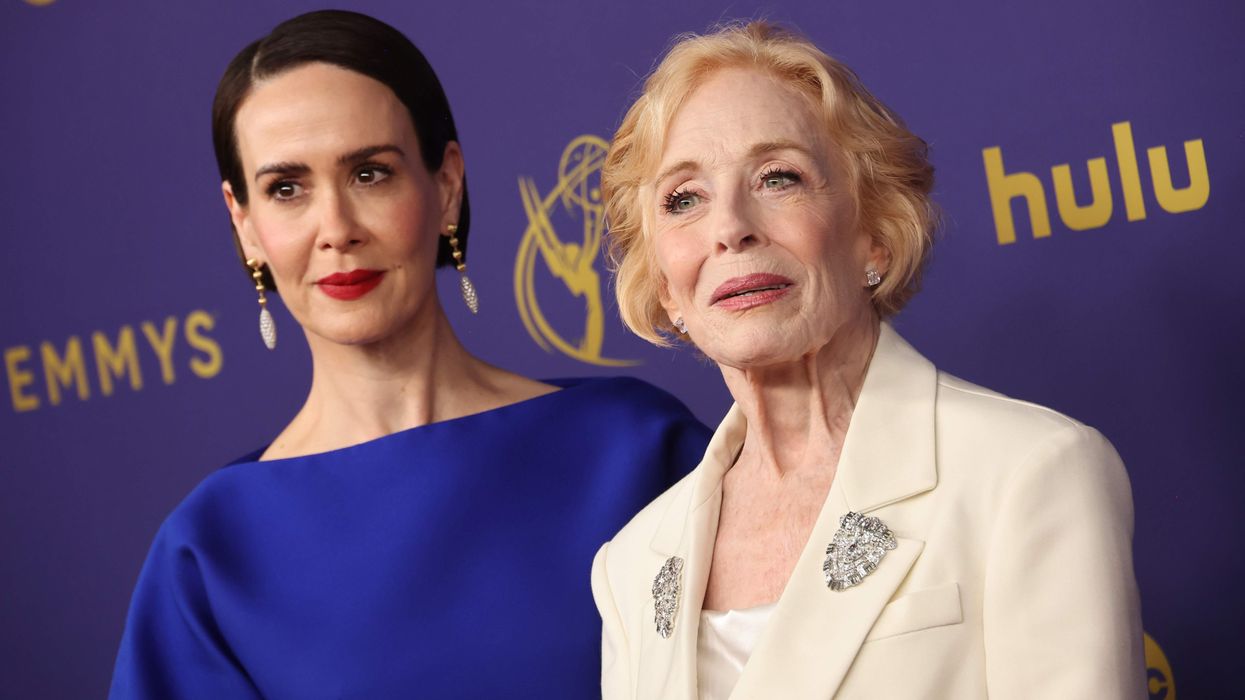

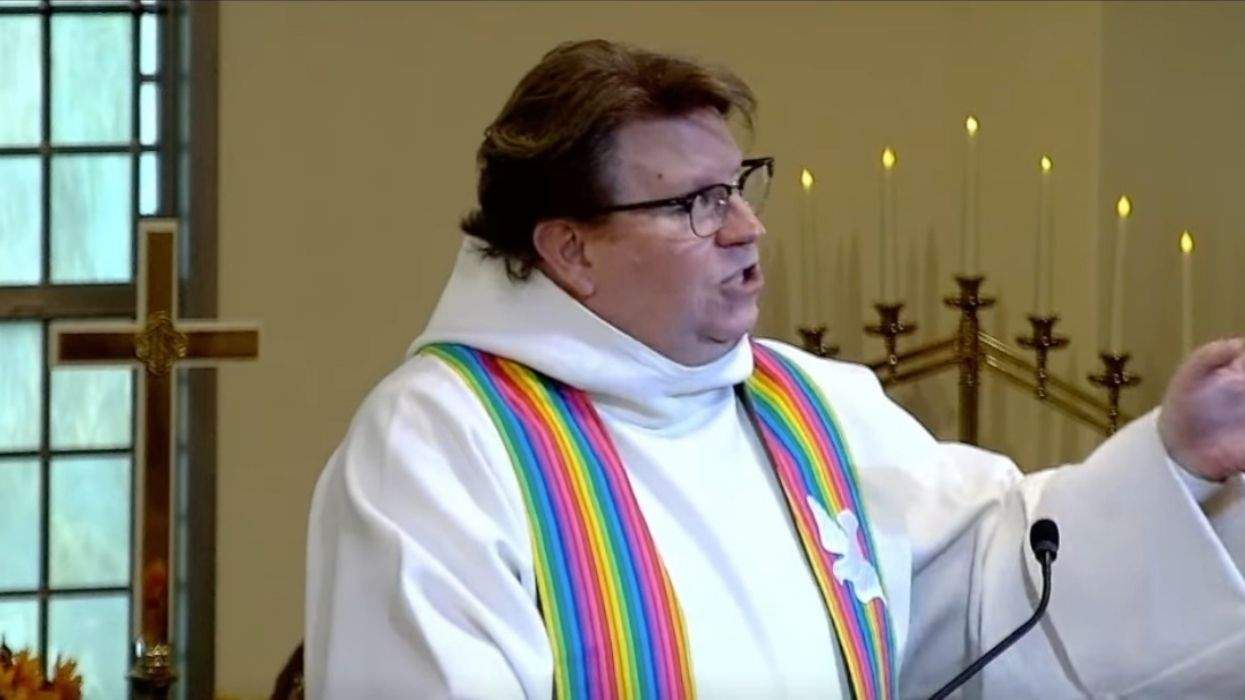


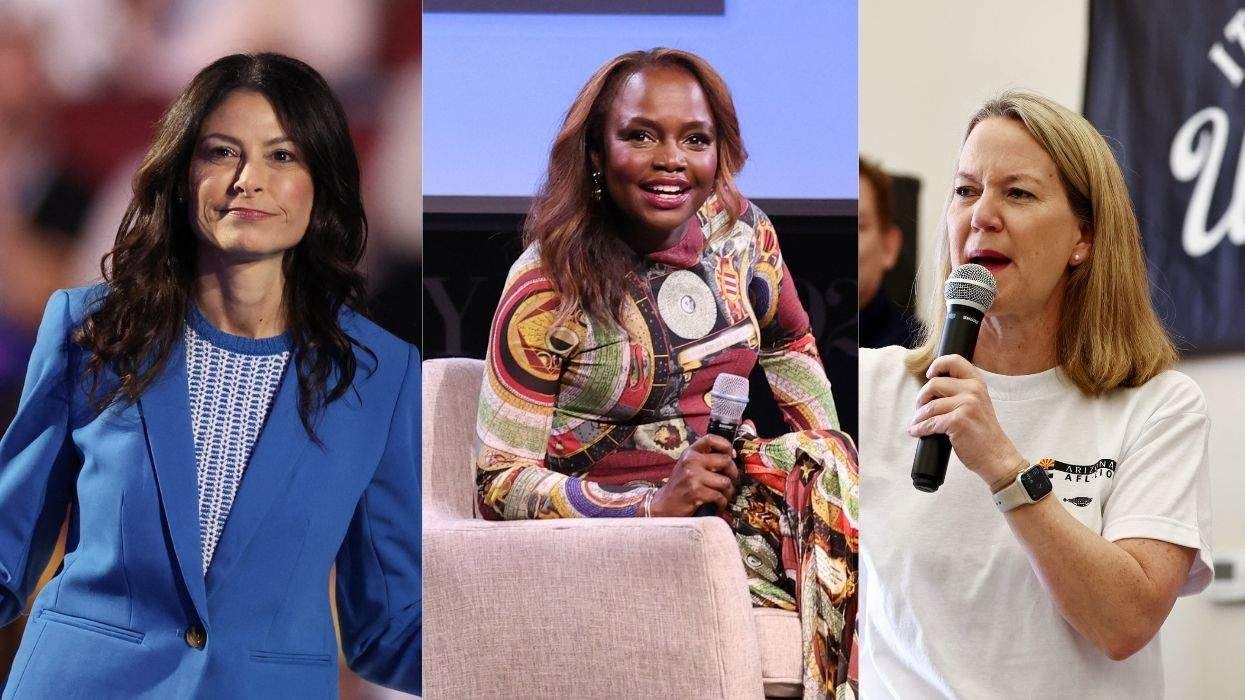





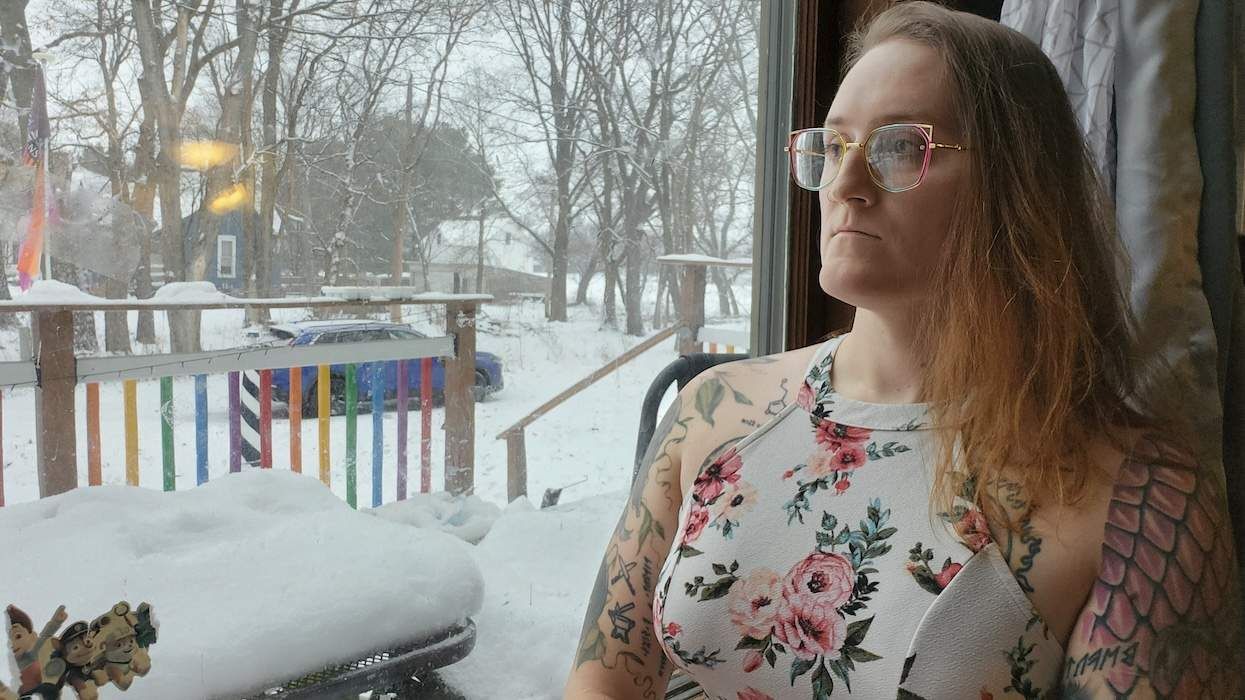

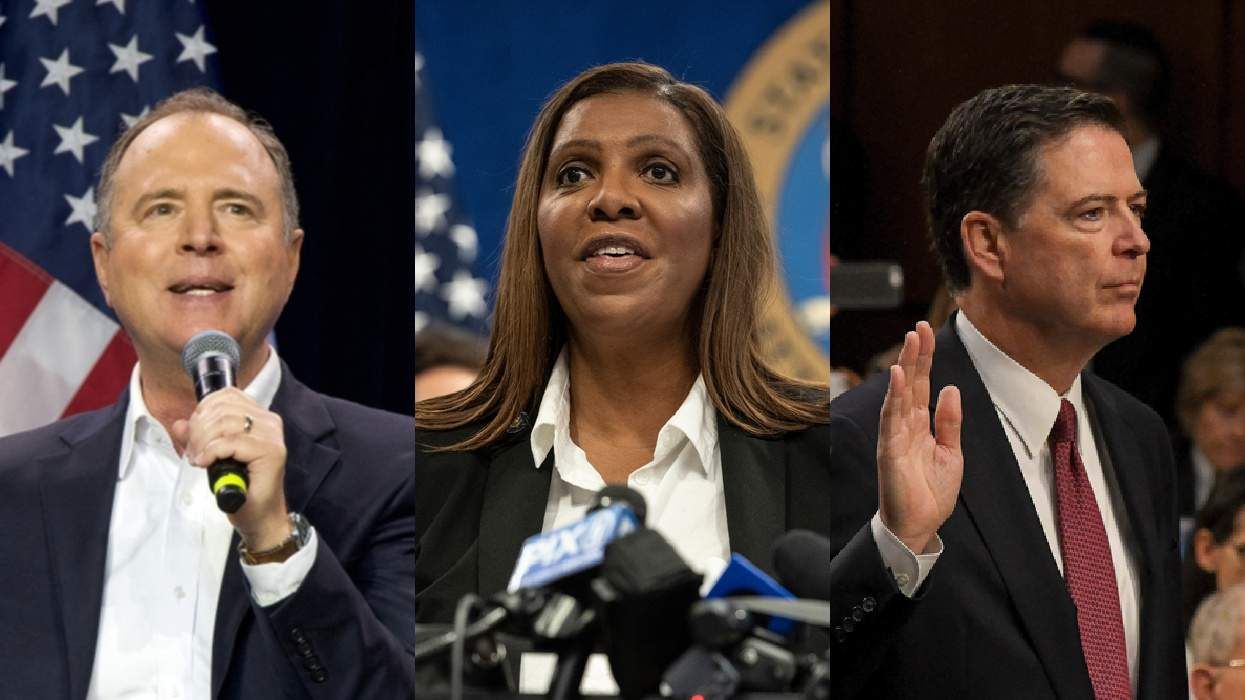

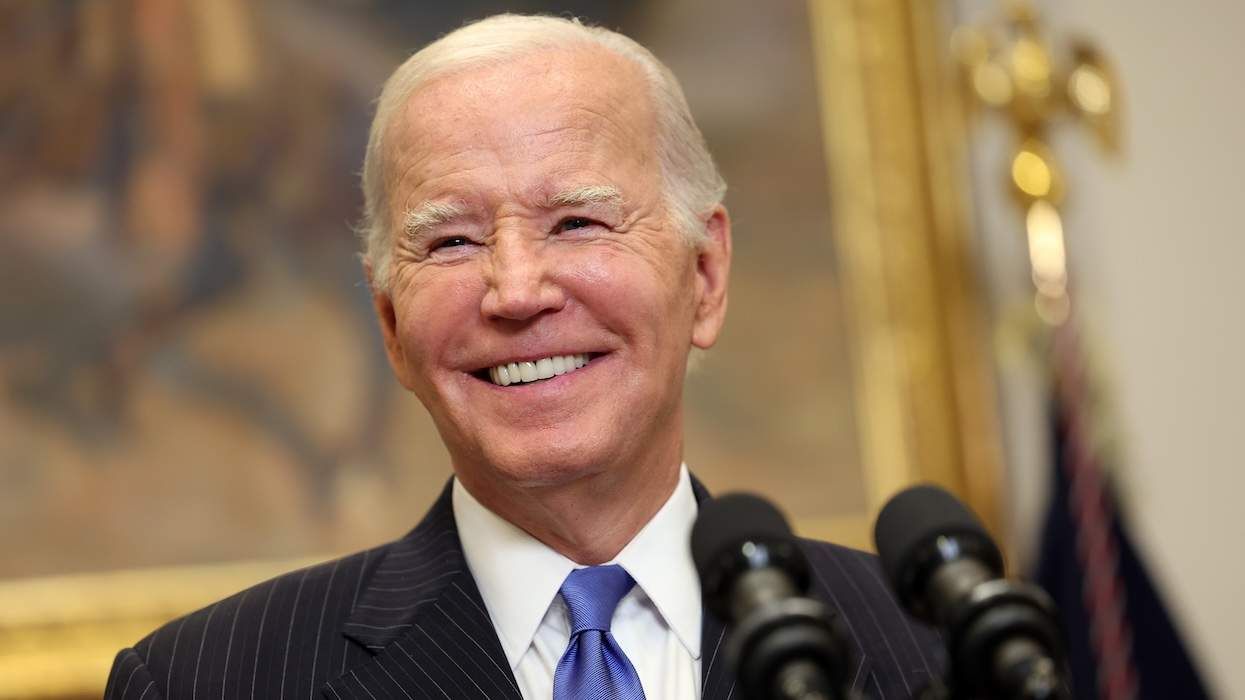






















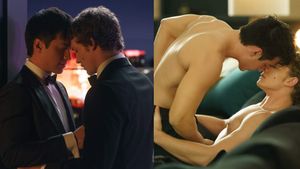




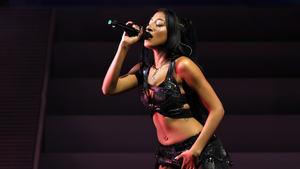















Charlie Kirk DID say stoning gay people was the 'perfect law' — and these other heinous quotes